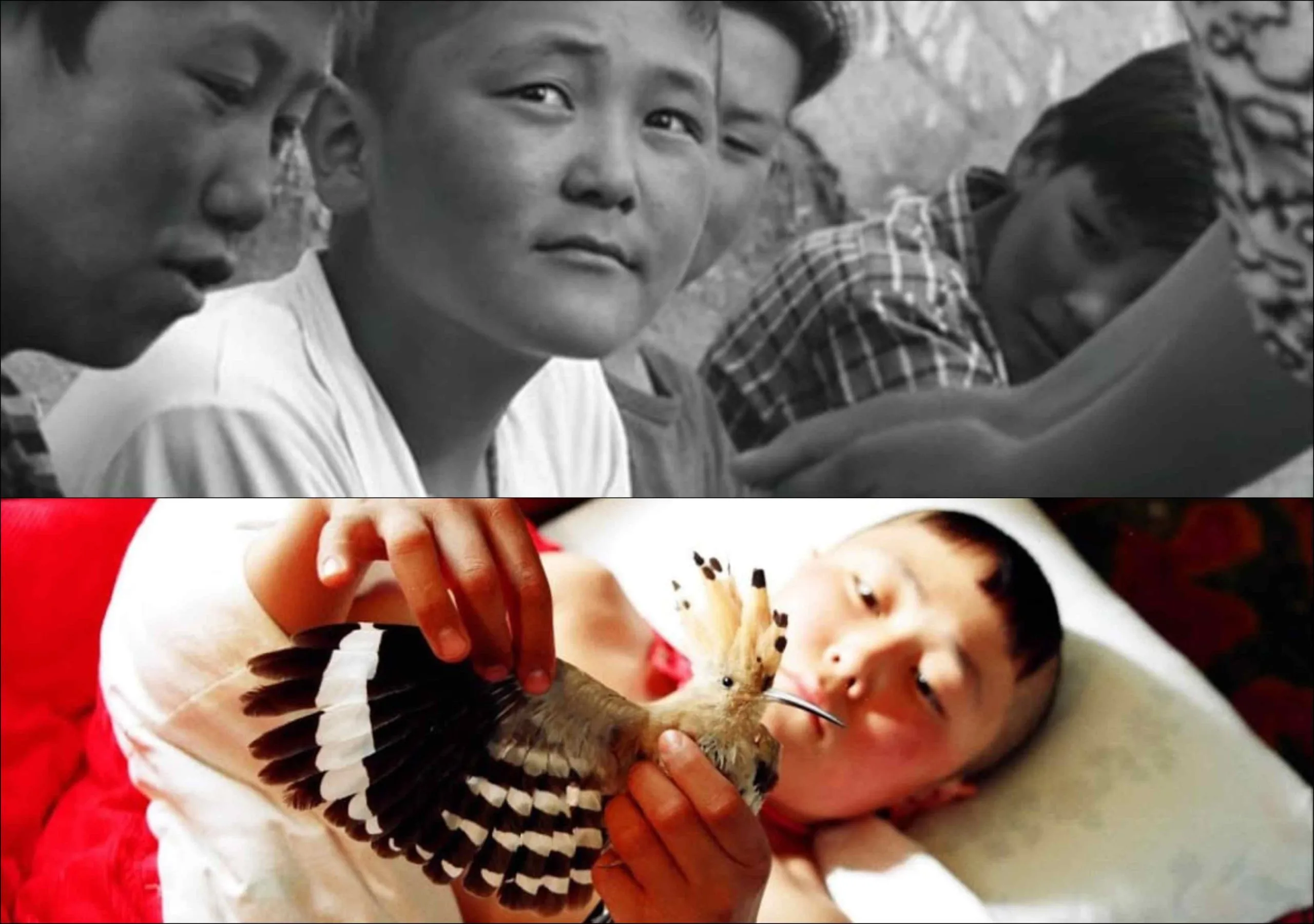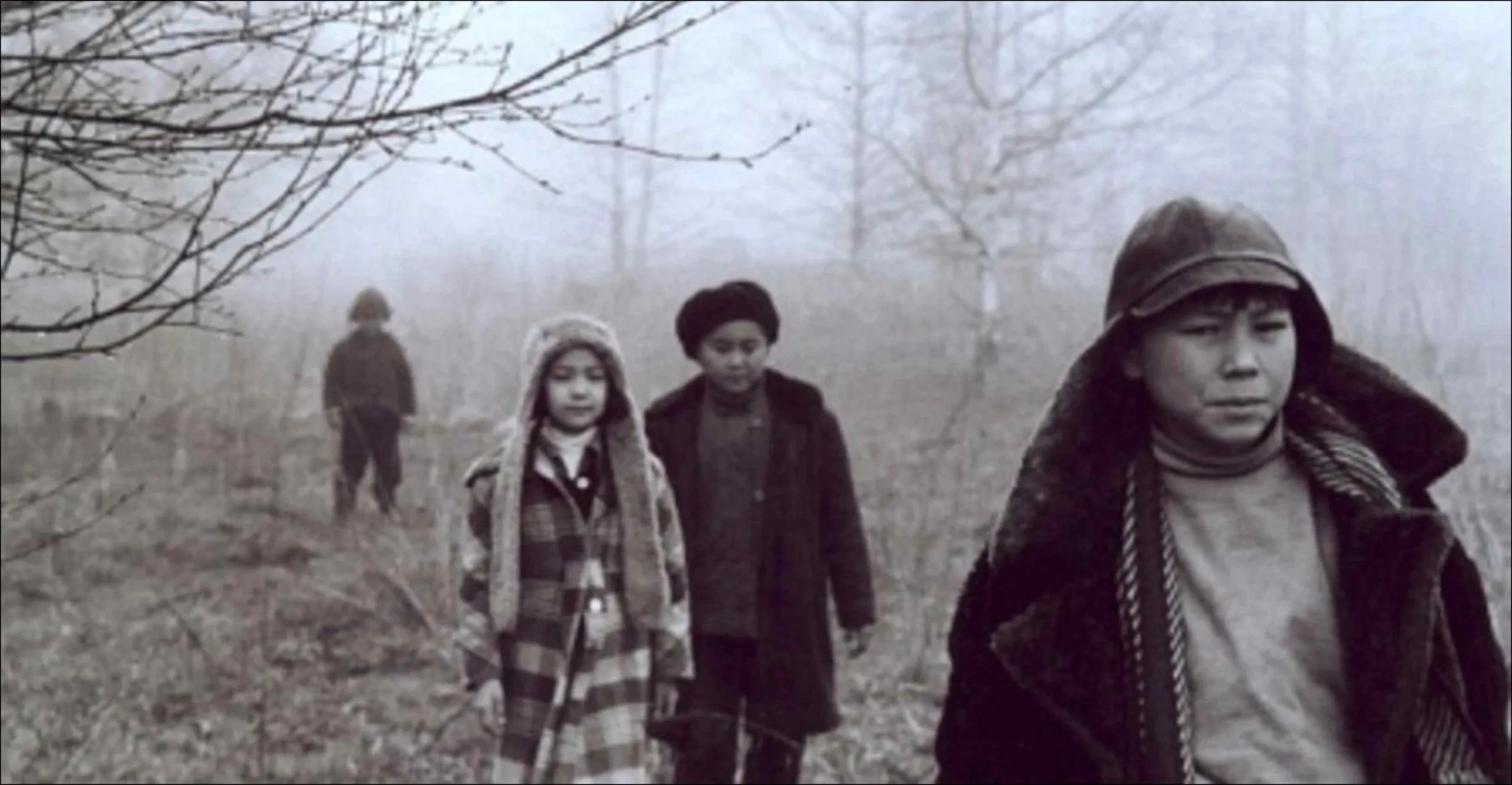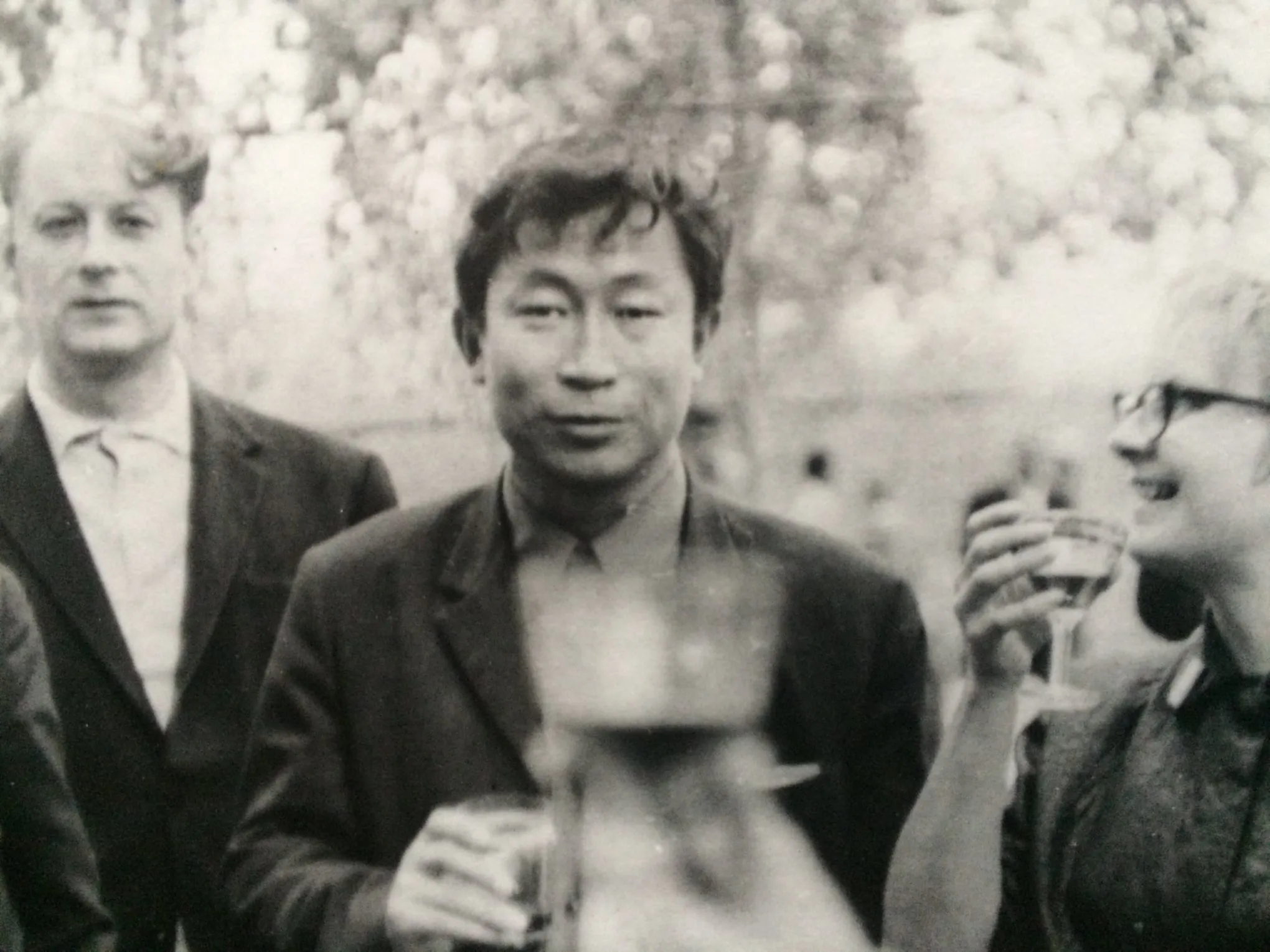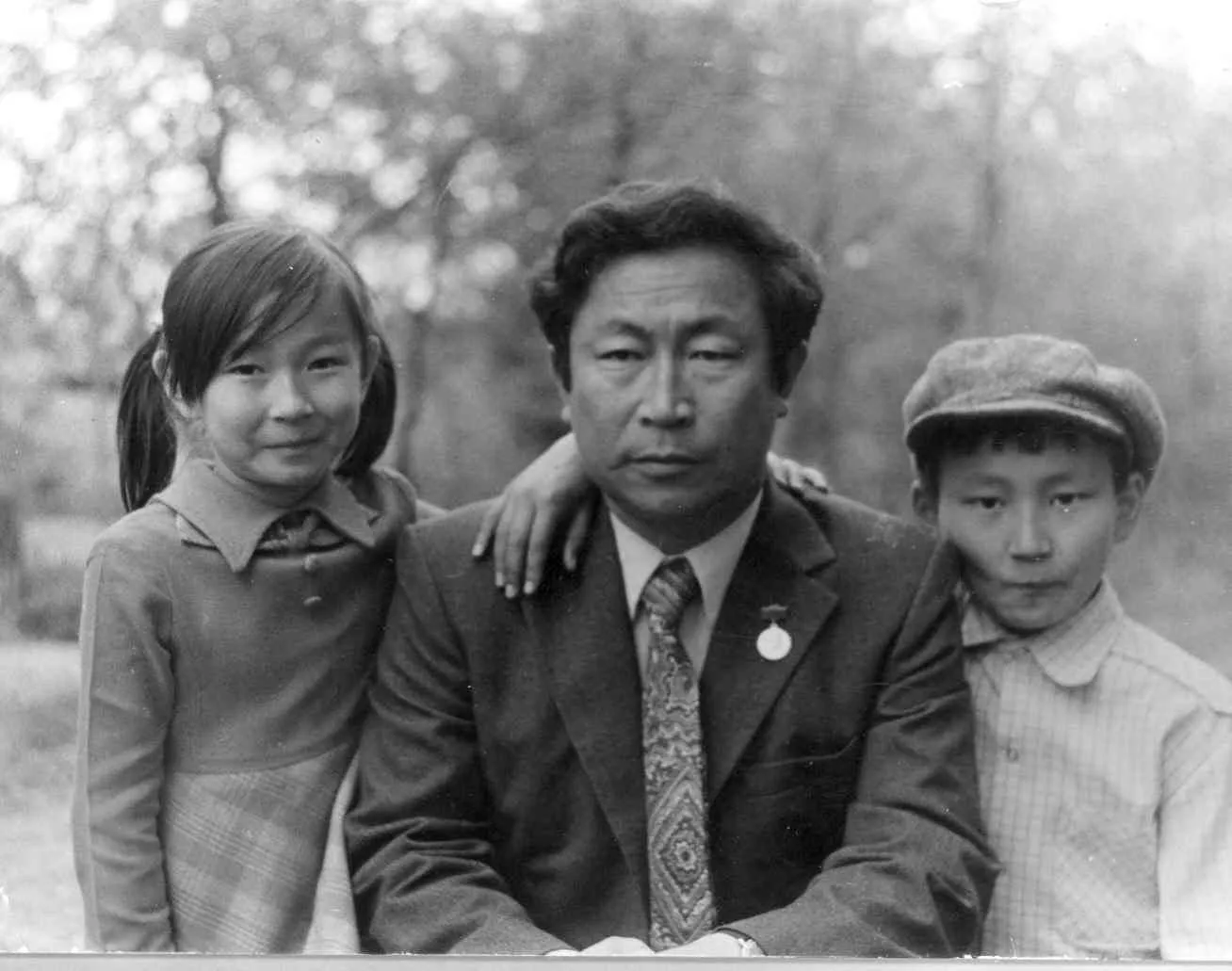
Journey Through Central Asia: Films From Kyrgyzstan
After conducting a fair amount of research on the cinema of Kyrgyzstan, I was left with the impression that the contemporary Kyrgyz film directors, whose films managed to break out internationally, can be counted on the fingers of one hand.
Aktan Arym Kubat (or Aktan Abdykalykov) has seven features under his belt, three of which are starring his son, Mirlan Abdykalykov (Swing, The Adopted Son, The Chimp). Mirlan Abdykalykov’s first feature film, Heavenly Nomadic (2015), was co-written by his father, which doesn’t sound surprising after all. Another distinct voice in Kyrgyz cinema, Marat Sarulu has directed six feature films and co-written Aktan Kubat’s The Adopted Son (1998). Then, there is Ernest Abdyjaparov, who apart from writing and directing his own films, has co-written Mirlan Abdykalykov’s both feature films. The point here is that any discussion on contemporary Kyrgyz cinema will inevitably lead to those names since little is known about other contemporary filmmakers.
Even though national film production had dwindled considerably after independence (from 12 films in 1992 to roughly one per year after the mid-1990s), the amount of films made after 2000 is steadily increasing, with most of the films coming out of the country being financed by foreign companies. The seven films chosen below reflect in different ways the essence of this interesting cinematic culture that dates back to the late 1960s.
The Descendant of the Snow Leopard, 1984 (Potomok belogo barsa)
Directed by Tolomush Okeyev
Photos of Tolomush Okeyev (from Ali Khamraev’s personal Facebook account)
The only film in this list made during the Soviet period is The Descendant of the Snow Leopard. Based on a famous Kyrgyz folktale, it tells the story of a group of highland hunters called the Snow Leopards and the consequences of a disastrous love affair between one of the hunters and a stranger. A film of striking beauty, The Descendant of the Snow Leopard won a Silver Bear award at the 35th Berlin Film Festival.
Tolomush Okeyev, along with Bolotbek Shamshiyev were two of the most distinct voices in Kyrgyz cinema during the Soviet period. Not many directors were able to grasp the essence of their cinematic cultures like the two of them did. Okeyev’s willingness to tackle life directly with great sincerity and a unique sense of lyricism have won him great acclaim and major praise, to the extent that one could claim that Okeyev was for Kyrgyz cinema what was Ali Khamraev for Uzbek cinema.
The Descendant of the Snow Leopard is available on Youtube (no English subtitles, unfortunately).
The Adopted Son, 1998 (Beshkempir)
Directed by Aktan Arym Kubat

Stills from Beshkempir (photos: trigon-film.org)
Young Beshkempir, played by the director’s own son, Mirlan Abdykalykov, learns one day that he is adopted and his life is turned upside down. A slice of life in the Kyrgyz countryside, Beshkempir is a deeply evocative coming-of-age film. Drawing inspiration from an ancient Kyrgyz tradition, according to which the parents of a large family offer a baby to a childless couple, it feels more like a visual poem meditating on the beauty of simplicity.
One of the most well-known films to be released after Kyrgyzstan’s independence from the Soviet Union, Beshkempir also became the first Kyrgyz movie to be released on DVD in the United States in 2000.
Aktan Arym Kubat has uploaded the film on YouTube with English subtitles.
My Brother Silk Road, 2002 (Altyn Kyrghol)
Directed by Marat Saralu

The four children start their journey (photo: mubi.com)
The debut film of filmmaker Marat Saralu, My Brother Silk Road is an ambitious character study of four children, who decide to step onto a train in hopes of leaving their mountain village and starting a new life. On these tracks, where the Silk Road once ran, they will encounter people and face situations that will leave plenty of room for the existential dimensions of the film to unfold. Director Marat Saralu is utilizing wonderfully the Lilliputian resources available to craft a slow and nostalgic journey through Kyrgyzstan.
Pure Coolness, 2007 (Boz Salkyn)
Directed by Ernest Abdyjaparov
https://www.youtube.com/watch?v=SjlZyssDqhc&ab\_channel=InternationalFilmFestivalRotterdam
Pure Coolness tackles an admittedly controversial subject — a young woman slowly develops a bond with the man, who kidnapped her. Ala kachuu or “bride stealing” is a practice that stems from romantic traditions in Central Asia where the prospective groom “kidnaps” the prospective bride from her home so that he can marry her. The film addresses the question of whether this practice can be sustained in modern-day Kyrgyzstan, even if it is accompanied by a much-coveted happy ending.
Pure Coolness is available on YouTube.
Queen of the Mountains, 2014 (Kurmanjan datka)
Directed by Sadyk Sher-Niyaz
https://www.youtube.com/watch?v=yIjhRQUsj\_8&ab\_channel=AityshFilm
Set in 19th century Central Asia, the epic drama Queen of the Mountains tells the true story of Kurmanjan Datka, regarded generally as the mother of the Kyrgyz peoples for her efforts to make peace with Russia and preserve the Kyrgyz identity.
The reason I decided to include this film in the list is mostly because of the controversy surrounding its production. It is the most expensive film made in Kyrgyzstan (with a budget of $1.5 million) and the country’s highest-grossing local production. Heavily criticised for relying on taxpayers’ money, the film feels more like an attempt to “sell” patriotism dressed in the allurement surrounding national heroes and expansive, breathtaking landscapes. Nevertheless, it is a worthwhile epic film that talks to its audience due to its grandeur and admirable production design.
Watch it on Youtube (for free, with English subtitles)
Centaur, 2017
Directed by Aktan Arym Kubat
https://www.youtube.com/watch?v=RFDn2P1NH2E&ab\_channel=TheMatchFactory
Seven years after his award-winning film The Light Thief, Aktan Arym Kubat directed and played the leading role in an engaging contemporary folktale, featuring sympathetic and gentle characters. The romantic protagonist “Centaur” has earned his nickname because of his obsession with myths about horses — animals of significant importance in the life of people of Central Asia. He lives a modest life with his family in rural Kyrgyzstan until he abruptly becomes the center of attention, after being caught stealing a racehorse at night. Featuring sympathetic characters and wonderful visuals, Centaur is a deeply emotional film worth watching.
Running to the Sky, 2019 (Jo Kuluk)
Directed by Mirlan Abdykalykov
https://www.youtube.com/watch?v=37zz8bMaDhs
After his directorial debut Heavenly Nomadic (2015) that lauded on the award circuit, Mirlan Abdykalykov returned with a gripping coming-of-age tale that won the coveted FIPRESCI award at Busan Festival. Running to the Sky revolves around Jekshen, a 12-year-old boy, living in a small village in Kyrgyzstan with his father. His father spends most of his time drunk, pining over the wife that dumped him for someone else. Left to bring up himself, Jekshen bears more weight than he should for his age but has a talent that distinguishes him from the rest of his peers — his exceptional running skills.
Once again, the everyday struggles of a young boy become the narrative force that carries the story forward, along with a charming lead performance from Temirlan Asankadyrov. Inevitably, the calm simplicity and empathetic nature of the film are echoing Abdykalykov’s father film Beshkempir (1998). Tackling timeless issues, the film serves as a great example of modern Kyrgyz cinema.
The landlocked, mountainous nation of 6.5 million people in the heart of Central Asia, has served as a great source of inspiration for Kyrgyz directors. The recurring themes of modernity vs. tradition, along with the struggles and little joys of everyday life shape the picture of a calm, down-to-earth cinema.
If you enjoyed learning more about cinema in Kyrgyzstan, you might want to continue the journey through Central Asia and explore films from Uzbekistan.

